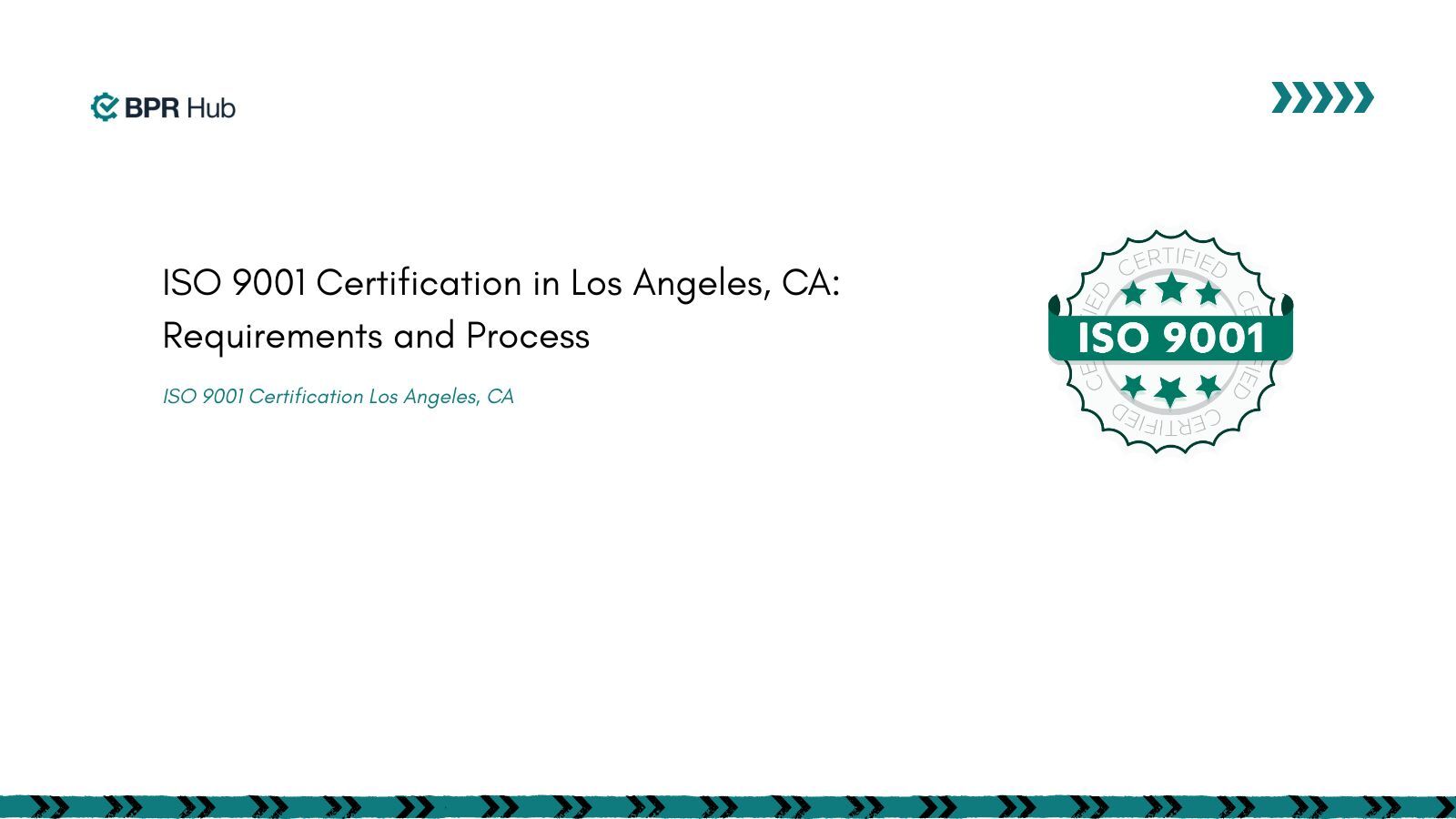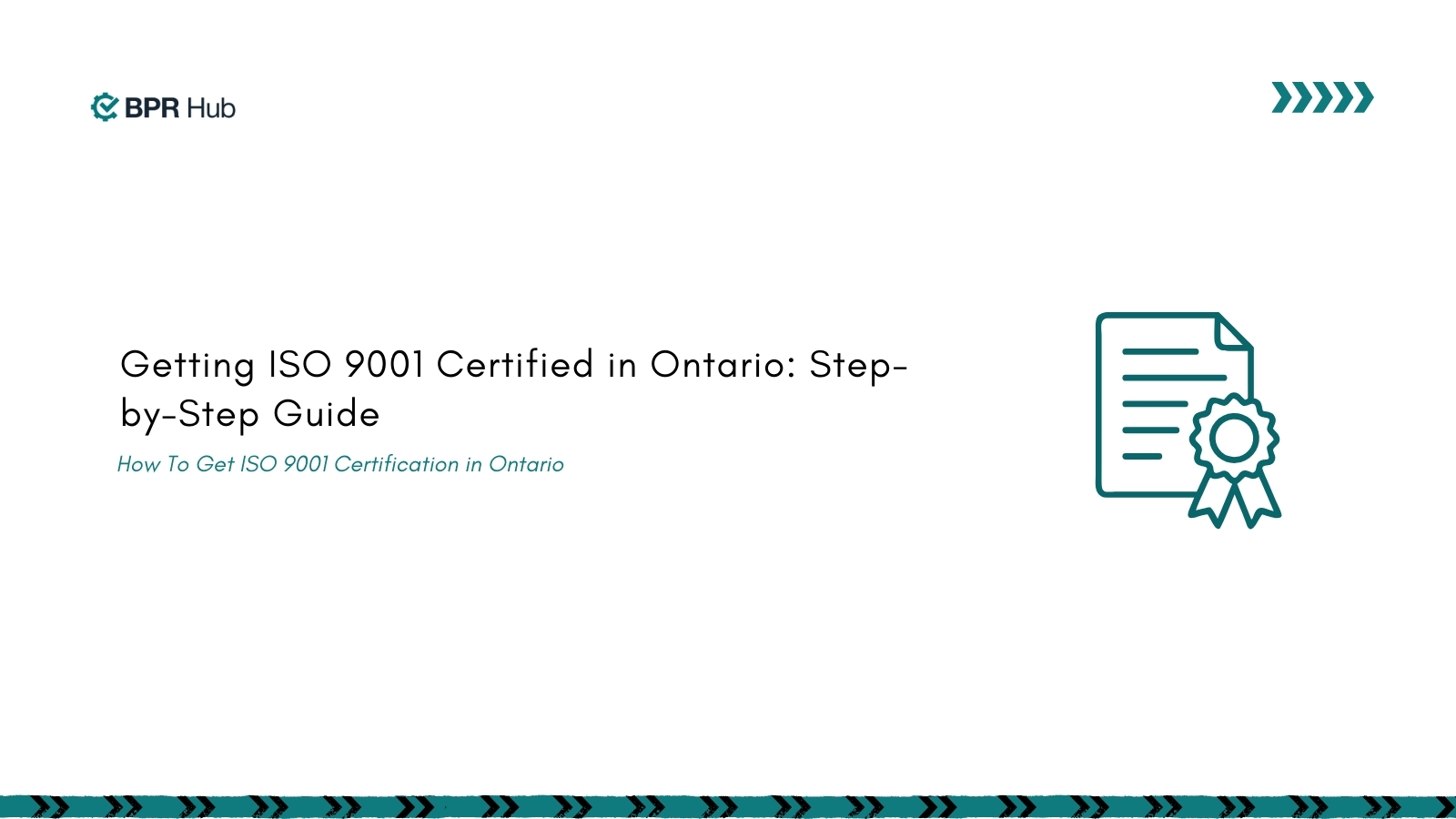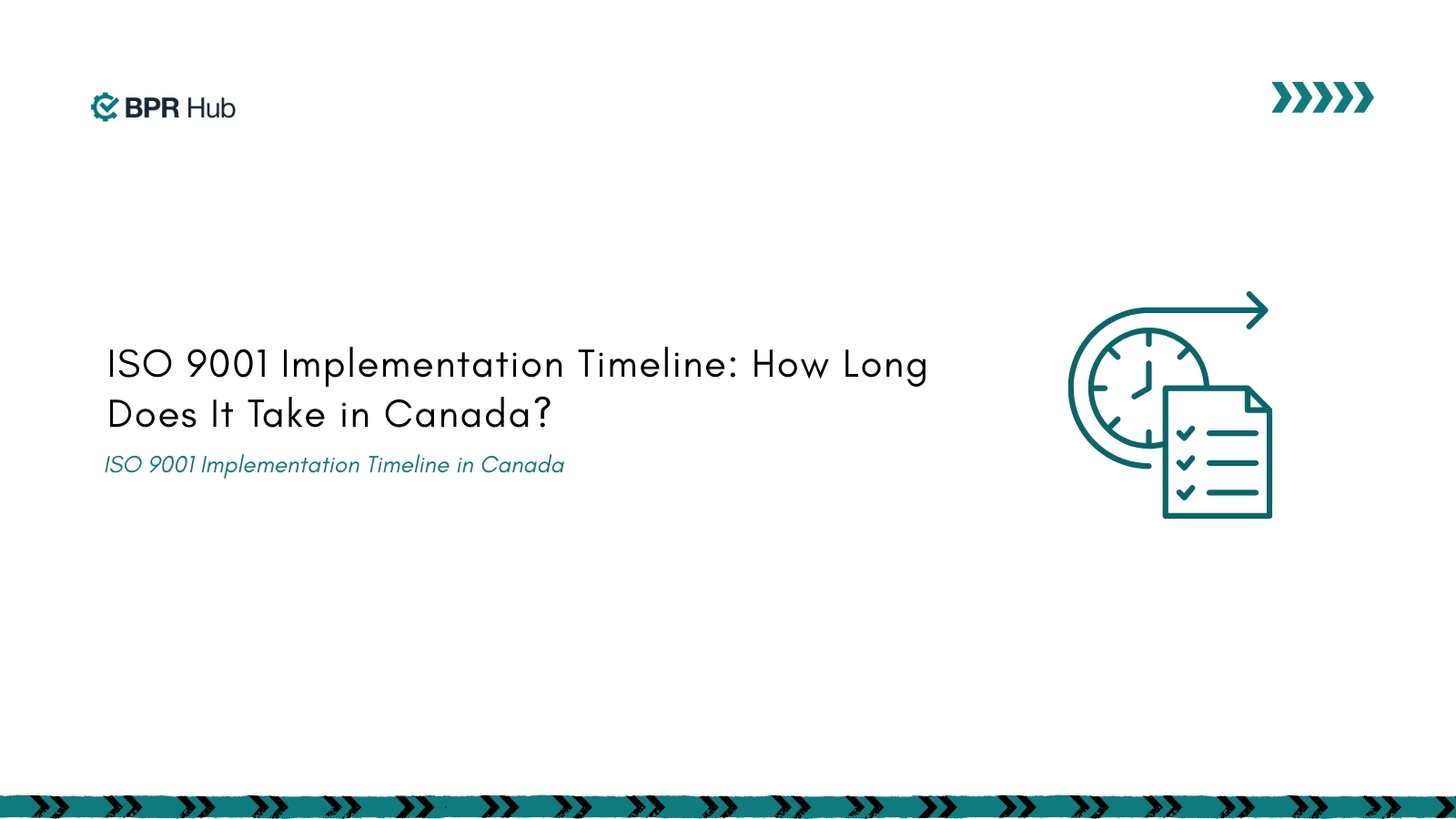Los Angeles County stands as California's manufacturing powerhouse, with nearly 450,000 people employed in manufacturing across 9,895 active manufacturing organizations. For manufacturers seeking iso 9001 certification in Los Angeles, this region represents both tremendous opportunities and unique regulatory challenges that must be navigated successfully.
From the industrial corridors of Vernon and City of Industry to the aerospace clusters in El Segundo and Torrance, LA manufacturers face increasing pressure to demonstrate quality excellence through internationally recognized standards. Achieving compliance with the globally recognized ISO standard known as ISO 9001 certification represents more than regulatory compliance; it's the gateway to global markets and sustainable competitive advantage in one of America's most diverse manufacturing ecosystems.
Los Angeles Manufacturing Landscape and Regulatory Environment
Regional Industry Concentration and Challenges
Los Angeles County hosts the largest concentration of manufacturing jobs on the West Coast, making ISO certification in Los Angeles essential for regional competitiveness with nearly 450,000 workers across diverse sectors. The region's manufacturing belt spans from Vernon's food processing facilities to Long Beach's petrochemical complexes, creating unique compliance challenges that manufacturers must navigate alongside ISO 9001 requirements.
Key Manufacturing Districts:
- Vernon: Home to over 1,800 businesses, primarily food processing and logistics companies requiring stringent quality controls
- City of Industry: Electronics and automotive parts manufacturing hub with over 3,000 businesses
- El Segundo and Torrance: Aerospace manufacturing corridor housing major defense contractors
- Long Beach: Port-adjacent manufacturing supporting import/export operations
Regional Regulatory Complexity
Los Angeles manufacturers operate under multiple regulatory frameworks that intersect with ISO 9001 requirements. The South Coast Air Quality Management District (SCAQMD) imposes some of the nation's strictest environmental regulations, while proximity to major ports requires compliance with international trade standards. Companies pursuing ISO 9001 certification must ensure their quality management systems address these regional compliance layers effectively.
Local Industry Trends Driving ISO 9001 Adoption
The region's proximity to Asian markets and Mexico creates opportunities for companies with internationally recognized quality credentials, while local supply chain partnerships increasingly require ISO 9001 certification as a baseline requirement.
Simplify ISO 9001 Compliance in Los Angeles – With BPR Hub’s expert-backed templates and integrated compliance platform.
📍 Book a Demo
📧 hello@bprhub.com
Understanding ISO 9001 Certification Requirements
Core ISO 9001 Requirements for LA Manufacturers

The ISO 9001 principles provide a framework that Los Angeles manufacturers can adapt to their specific operational environments, from high-volume food processing to precision aerospace component manufacturing.
Quality Management System Documentation
Every Los Angeles manufacturer pursuing ISO certification must establish comprehensive documentation covering all critical business processes. This includes developing quality manuals, process flowcharts, and standard operating procedures tailored to their specific manufacturing environment and regulatory requirements.
Leadership and Management Commitment
Successful ISO 9001 implementation requires demonstrable top management engagement through quality policies, measurable objectives, and adequate resource allocation. The management review process ensures ongoing system effectiveness while driving continuous improvement initiatives.
Resource Management and Workforce Competence
Organizations must identify and provide necessary resources, including appropriately skilled personnel. ISO 9001 competence and training requirements mandate that employees receive relevant training and demonstrate the capabilities needed for effective quality system implementation.
Operational Controls and Process Management
Manufacturing processes require systematic planning and control mechanisms. This encompasses contract review procedures, comprehensive inspection and testing protocols, and robust identification and traceability systems, ensuring consistent product quality throughout manufacturing operations.
How Long Does ISO 9001 Certification Take in Los Angeles?
The timeline for ISO 9001 certification varies significantly based on organizational complexity and existing quality infrastructure. Based on industry standards, Los Angeles manufacturers typically experience the following timelines:
Small Manufacturers (Under 50 Employees): 4-8 Months
Smaller operations in LA's industrial districts can often achieve certification more rapidly due to streamlined operations and fewer complex processes requiring documentation.
Medium Manufacturers (50-250 Employees): 6-10 Months
Mid-sized companies, particularly those in Vernon's food processing sector or the City of Industry's electronics manufacturing, require additional time for comprehensive system integration across multiple departments.
Large Manufacturers (250+ Employees): 8-12 Months
Complex operations, especially aerospace manufacturers in El Segundo and Torrance, need extended timelines to address sophisticated quality requirements and multiple facility locations.
Factors Accelerating Certification in LA
- Existing quality programs and documentation
- Dedicated project management resources
- Access to experienced local consultants familiar with regional requirements
- Integration with existing environmental and safety management systems
What are the Costs of ISO 9001 Certification in California?
Los Angeles manufacturers should budget for comprehensive certification costs. Based on current industry data, realistic cost expectations include
Total Implementation Costs
- Small manufacturers (under 50 employees): $7,500-$15,000
- Medium manufacturers (50-250 employees): $15,000-$30,000
- Large manufacturers (250+ employees): $30,000-$60,000
Cost Breakdown
- Preparation and consulting: $3,000-$15,000
- Initial certification audit: $3,000-$8,000
- Annual surveillance audits: $2,000-$4,000
- Triennial recertification: $2,500-$6,000
Regional Cost Factors
Costs in Los Angeles may be slightly higher due to premium consultant rates and a complex regulatory environment. However, the benefits of implementing a quality management system typically justify investments through improved operational efficiency, reduced waste, and enhanced customer satisfaction.

Which Companies in Los Angeles Need ISO 9001 Certification?
Industry-Specific Requirements
Aerospace and Defense Manufacturing
Los Angeles County hosts 84 major aerospace companies with 44,000 aerospace jobs, from major prime contractors to specialized component suppliers. These manufacturers often require ISO 9001 as a foundation for AS9100 certification, which addresses aerospace-specific quality requirements.
Medical Device Manufacturing
The region's growing medical technology sector, concentrated in areas like Santa Clarita and surrounding counties, increasingly requires ISO 9001 certification. Many medical device manufacturers complement this with ISO 13485 certification to meet FDA regulatory requirements.
Food and Beverage Processing
Vernon's extensive food processing industry uses ISO 9001 as a quality foundation, often integrating it with HACCP, SQF, and other food safety standards to serve California's large consumer market.
Electronics and Entertainment Technology
Companies supporting Los Angeles's entertainment industry require ISO 9001 to demonstrate quality capabilities for demanding audio, video, and electronic equipment applications.
Automotive Parts Manufacturing
Suppliers to California's automotive industry, particularly those serving electric vehicle manufacturers, increasingly require ISO 9001 certification for supply chain qualification.
How Do I Choose an ISO 9001 Consultant in Los Angeles?
Critical Selection Criteria
Industry-Specific Experience
Select consultants with demonstrated experience in your specific manufacturing sector and familiarity with California's complex regulatory environment. Local consultants understand unique challenges facing LA manufacturers, from SCAQMD compliance to port-related quality requirements.
Regional Knowledge and Relationships
Experienced LA consultants maintain relationships with multiple accredited certification bodies and understand local industry networks, helping manufacturers select appropriate auditors and leverage regional resources.
Comprehensive Implementation Methodology
The most effective consultants provide end-to-end support, from initial gap analysis through ongoing certification maintenance. Look for consultants who focus on creating sustainable, integrated systems rather than achieving one-time certification compliance.
What Documents are Required for ISO 9001 Certification?
Essential Documentation Framework
Quality Management System Documentation
- Comprehensive quality manual or equivalent system documentation
- Quality policy statements and measurable objectives
- Detailed process procedures and work instructions
- Clear organizational roles and responsibilities
Operational Control Documentation
- Sales and contract review procedures
- Preventive maintenance programs and schedules
- Equipment calibration procedures and records
- Warehouse and inventory management procedures
Human Resources and Training Documentation
Manufacturers must maintain comprehensive HR audit documentation covering competence requirements, training records, and performance evaluation processes.
Record Management Systems
Establishing proper documentation control procedures and quality record retention procedures ensures compliance with both ISO 9001 requirements and industry-specific regulations.
The ISO 9001 Certification Process in Los Angeles
Stage 1: Comprehensive Gap Analysis and System Design
Los Angeles manufacturers should begin with a thorough gap analysis comparing current quality management practices against ISO 9001 requirements. This assessment identifies development priorities and establishes realistic implementation timelines, considering regional operational complexities.
Stage 2: System Implementation and Integration
Documentation Development and Process Integration
Companies must create or enhance quality management system documentation while integrating processes into daily operations. Teams receive comprehensive training on new procedures, ensuring quality management becomes embedded across all relevant departments.
Internal Audit Program Development
Organizations must establish robust internal audit programs to verify system effectiveness. Preparing for common ISO 9001 audit questions and conducting regular internal assessments ensures readiness for external certification audits.
Stage 3: External Certification and Ongoing Maintenance
Certification Body Selection and Audit Process
Los Angeles manufacturers should choose accredited certification bodies with relevant industry experience and understanding of California's regulatory environment. The certification process includes Stage 1 documentation review and Stage 2 implementation audit phases.
Continuous Improvement and Compliance Maintenance
Maintaining certification requires annual surveillance audits and triennial recertification assessments, along with ongoing attention to recent ISO 9001 updates and amendments, including the climate change amendment.
Verified Success Story from the Los Angeles Region
BPR Hub Implementation Success
A manufacturing company utilized BPR Hub's integrated compliance platform to achieve ISO 14001 certification 60% faster than traditional methods. The streamlined approach demonstrates how comprehensive compliance management tools can accelerate certification timelines while ensuring thorough system implementation across multiple standards.
This verified case study illustrates the potential for Los Angeles manufacturers to achieve significant efficiency gains through proper implementation, support, and integrated compliance management systems.
Integration with Multiple Management Systems
Los Angeles manufacturers often benefit from integrated management system approaches that address quality, environmental, and safety requirements simultaneously. Understanding differences and complementary aspects of ISO 9001, ISO 14001, and ISO 45001 enables companies to develop efficient, coordinated certification strategies that maximize operational synergies while minimizing certification costs and business disruption.
Following the iso 9001 principles, manufacturers can integrate quality management with environmental and safety management systems, creating comprehensive frameworks that address all aspects of operational excellence.
Streamlining Your ISO 9001 Journey with BPR Hub
Achieving ISO 9001 certification in Los Angeles requires strategic planning, systematic implementation, and ongoing maintenance that addresses both international standards and regional regulatory complexities. BPR Hub provides comprehensive compliance management solutions specifically designed for manufacturers pursuing multiple certifications simultaneously.
The platform's integrated approach helps Los Angeles manufacturers manage ISO 9001 requirements alongside other critical standards, streamlining documentation development, automating audit workflows, and maintaining continuous compliance across all operations. With built-in templates, automated clause mapping, and expert-backed guidance, BPR Hub reduces certification timelines while ensuring sustainable quality management system implementation.
For Los Angeles manufacturers ready to enhance their competitive position through ISO 9001 certification, the combination of strategic planning, expert guidance, and comprehensive compliance management tools creates a clear pathway to certification success and long-term operational excellence in one of America's most dynamic manufacturing regions.
Accelerate Your Certification Timeline with BPR Hub – Streamline documentation, automate audits, and cut ISO 9001 certification time.
📍 Book a Demo
📧 hello@bprhub.com
Frequently Asked Questions
How long does ISO 9001 certification take in Los Angeles?
ISO 9001 certification typically takes 4-12 months for Los Angeles manufacturers, with small companies (under 50 employees) achieving certification in 4-8 months, medium companies (50-250 employees) requiring 6-10 months, and large manufacturers (250+ employees) needing 8-12 months, depending on existing quality systems and organizational complexity.
What are the costs of ISO 9001 certification in California?
Total costs for ISO certification in Los Angeles range from $7,500-$15,000 for small manufacturers to $30,000-$60,000 for large operations. This includes consulting fees ($3,000-$15,000), initial certification audits ($3,000-$8,000), annual surveillance audits ($2,000-$4,000), and triennial recertification ($2,500-$6,000).
Which companies in Los Angeles need ISO 9001 certification?
Key industries requiring ISO 9001 certification include aerospace and defense (84+ major companies), medical device manufacturing, food and beverage processing (especially in Vernon), electronics and entertainment technology, and automotive parts suppliers serving California's growing electric vehicle market.
How do I choose an ISO 9001 consultant in Los Angeles?
Select consultants with specific industry experience in your manufacturing sector, deep knowledge of California's regulatory environment, including SCAQMD requirements, established relationships with accredited certification bodies, and comprehensive implementation methodologies that focus on sustainable systems rather than one-time compliance.
What documents are required for ISO 9001 certification?
Essential documentation includes quality manuals, process procedures, organizational roles and responsibilities, calibration procedures, HR audit documentation, and documentation control procedures that meet both ISO 9001 requirements and industry-specific regulations.
Get insights that help you minimize risks and maximize profits.
Dive deeper into manufacturing compliance with our free resources.
We get it, compliance can get tough.
Here are some additional resources to help.
We get it, compliance can get tough. Here are some additional resources to help.
Get updates in your inbox

.svg)
%20(1).svg)





%20(1).svg)

.avif)

